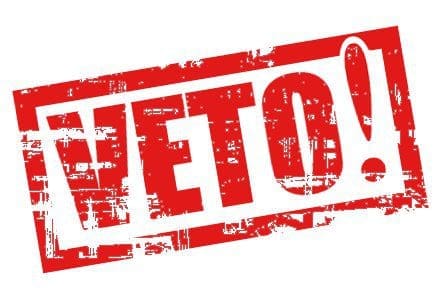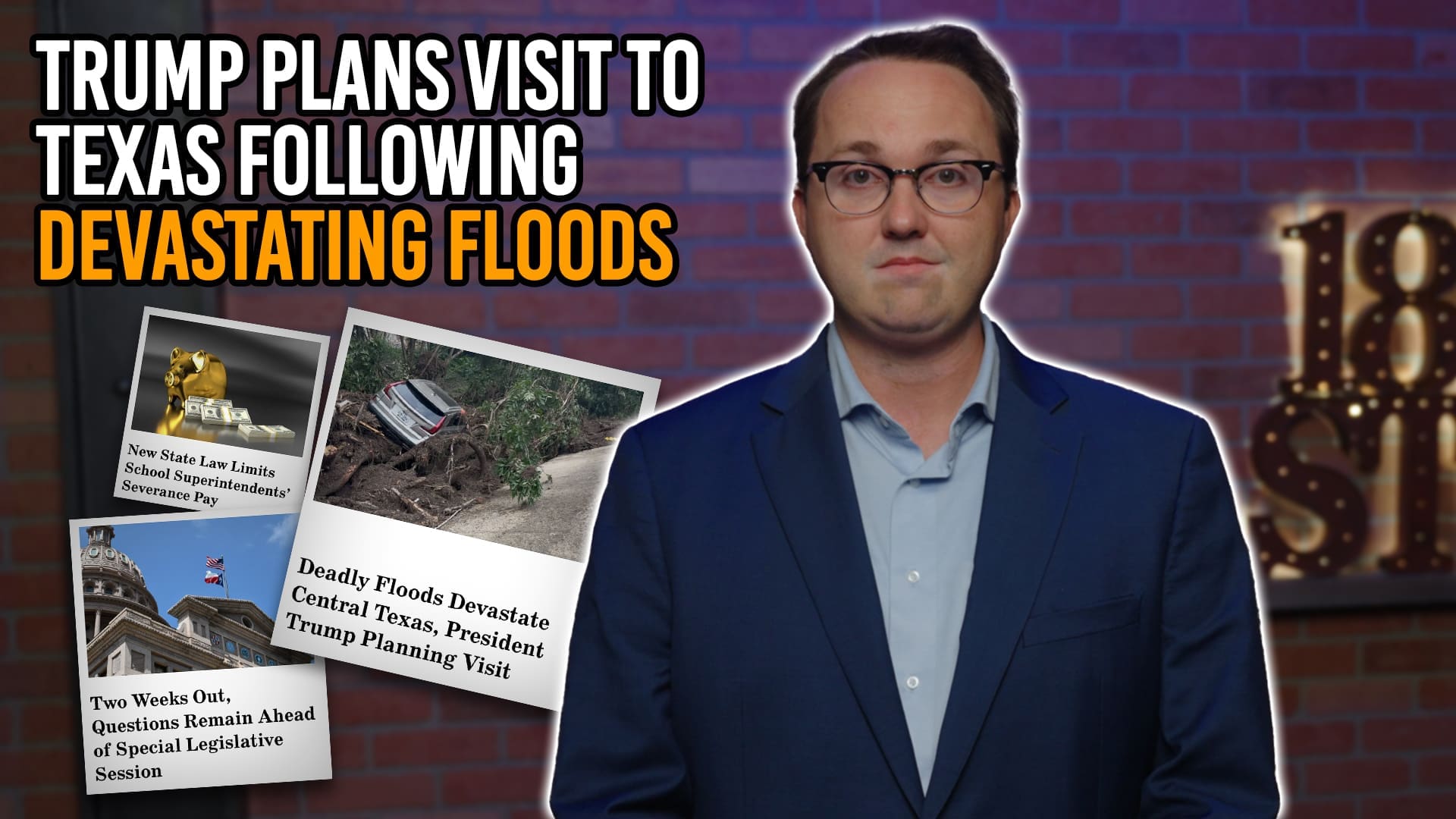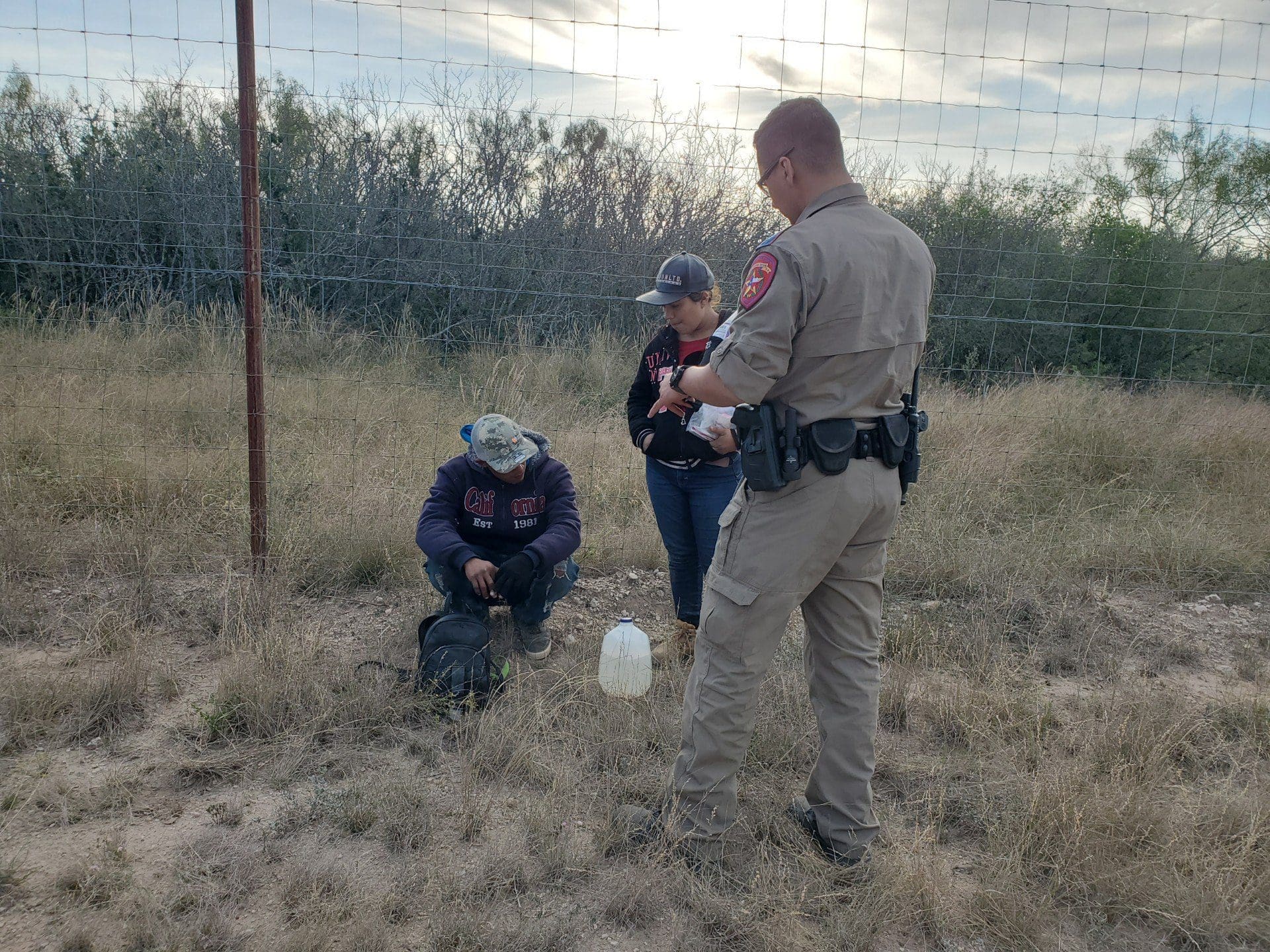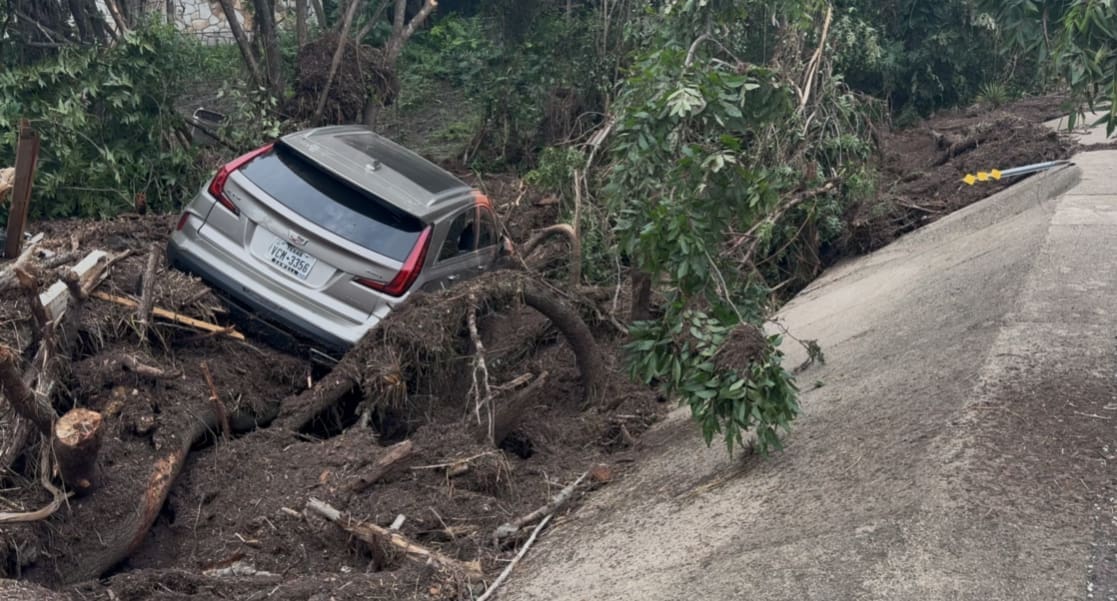Sunday marked the last day that Texas Gov. Greg Abbott could consider bills passed by the state Legislature during the regular 87th Legislative Session.
In total, Texas Gov. Greg Abbott vetoed 20 bills. He also signed 1,034 bills and allowed 105 bills to pass into law without his signature.
Several of the bills Abbott vetoed were notable.
House Speaker Dade Phelan’s Criminal Justice Reform Priorities
In April, House Speaker Dade Phelan announced his legislative priorities related to criminal justice reform and named the overall package of reforms “Smarter Justice, Safer Texas.”
Abbott vetoed two of those bills.
A bill by State Rep. Joe Moody (D–El Paso), who is also the Texas House Speaker Pro Tempore, was vetoed. The bill would have changed the parole eligibility of certain juvenile criminal offenders. In his veto proclamation, Abbott commended the author of the bill for his efforts but cited a conflict in the bill language with jury instructions required in an existing statute that would “result in confusion and needless, disruptive litigation.”
Another bill related to Phelan’s criminal justice reform priorities that was vetoed was authored by State Sen. Chuy Hinojosa (D–McAllen). This bill would have precluded the use of hypnotically induced statements in a criminal trial. Abbott cited the last-minute addition of an amendment by the House sponsor, State Rep. Eddie Lucio III (D–Brownsville), as the reasoning for his veto:
The author of Senate Bill 281 is to be commended for aiming to bring accountability to the criminal justice system by addressing the use of investigative hypnosis. But the House sponsor’s late amendment to the bill would dramatically expand its scope in an unacceptable way. The sponsor added language so that for any person who has undergone investigative hypnosis, all statements that person makes “after” the hypnosis — even ones made long “after” the hypnosis session and unrelated to that session — are barred from being admitted into evidence in any criminal trial. The House sponsor’s amendment would grant lifetime immunity, for everyone who undergoes this type of hypnosis, from having any subsequent statements used in a criminal trial.
Other Notable Vetoes
Abbott also vetoed Senate Bill 474 by State Sen. Eddie Lucio (D–San Benito). This bill would have specified the type of tether or restraint that could be used on dogs as among other regulations. Abbott’s veto proclamation indicated his thoughts that the bill “would compel every dog owner, on pain of criminal penalties, to monitor things like the tailoring of the dog’s collar, the time the dog spends in the bed of a truck, and the ratio of tether-to-dog length, as measured from the tip of the nose to the base of the tail. Texas is no place for this kind of micro-managing and over-criminalization.”
House Bill 4218 by State Rep. Tom Craddick (R–Midland), also a former House speaker, was vetoed. This bill would have amended the Texas Property Code to authorize a person to bring a cause of action for “a ‘bad faith washout’ of a person’ overriding royalty interest in an oil and gas lease in a district court of a county in which any part of the property subject to the lease is located.”
A “bad faith washout” is when a lessee cancels an oil and gas lease in order to wipe out an overriding royalty owner’s interest, then takes another lease on the same property under which they do not have to pay anything to the overriding royalty interest owner.
Abbott’s veto proclamation indicated that he believed the bill would contravene the principles of freedom that Texas holds in the importance of parties to enter into private contracts. He said it represented “ a remarkable intrusion by the State into the contractual relationship between overriding royalty interest-holders and oil-and-gas lessees.”
Abbott also followed through with a threat to defund the Texas Legislature in response to Democrat House lawmakers walking out and “quorum-busting” in the waning days of the 87th Legislative Session, killing two of Abbott’s emergency legislative issues in the process, including election integrity and bail reform. He employed the use of his “line-item” veto power to zero-out Article X of the overall state budget for the next biennium, fiscal years 2022-2023, without having to veto the entire budget.
What is Next?
With Abbott’s consideration of bills passed during the 87th Legislative Session now concluded, all eyes are now on the previously alluded to special legislative sessions. Thus far, no specific details have been given as to the exact dates they are to take place, nor has an exhaustive list of issues been developed for the Legislature’s consideration.
The complete list of bills vetoed by Gov. Abbott can be found here.





